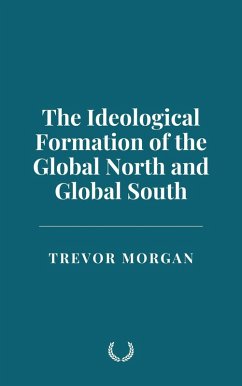Central to the narrative is the concept of neocolonialism, where formal colonial control has been replaced by economic and political systems that continue to subjugate the Global South. The book explores the various manifestations of neocolonialism, including the role of multinational corporations, international financial institutions, and the global trade system in maintaining inequality. It also delves into the resistance movements in the Global South, from anti-colonial struggles to contemporary social movements, and examines the intellectual, political, and cultural efforts to reclaim sovereignty and challenge the dominance of the Global North.
In its final chapters, the book turns to the emerging multipolar world and the growing influence of the Global South in shaping global power dynamics. The rise of regional powers like China, India, and Brazil, as well as the continued efforts for South-South solidarity, are highlighted as part of a broader push toward a more just and equitable international system. The book concludes with an exploration of the future of the Global South, focusing on the struggle for economic sovereignty, environmental justice, and political autonomy in a post-globalization era.
This work provides a critical examination of the historical forces that have shaped the relationship between the Global North and South, while also offering insight into the ongoing struggles for justice, sovereignty, and solidarity. It is a call to rethink global power structures and envision a future where the Global South can assert its agency and contribute to the creation of a more just and equitable world order.
Dieser Download kann aus rechtlichen Gründen nur mit Rechnungsadresse in A, B, CY, CZ, D, DK, EW, E, FIN, F, GR, H, IRL, I, LT, L, LR, M, NL, PL, P, R, S, SLO, SK ausgeliefert werden.









